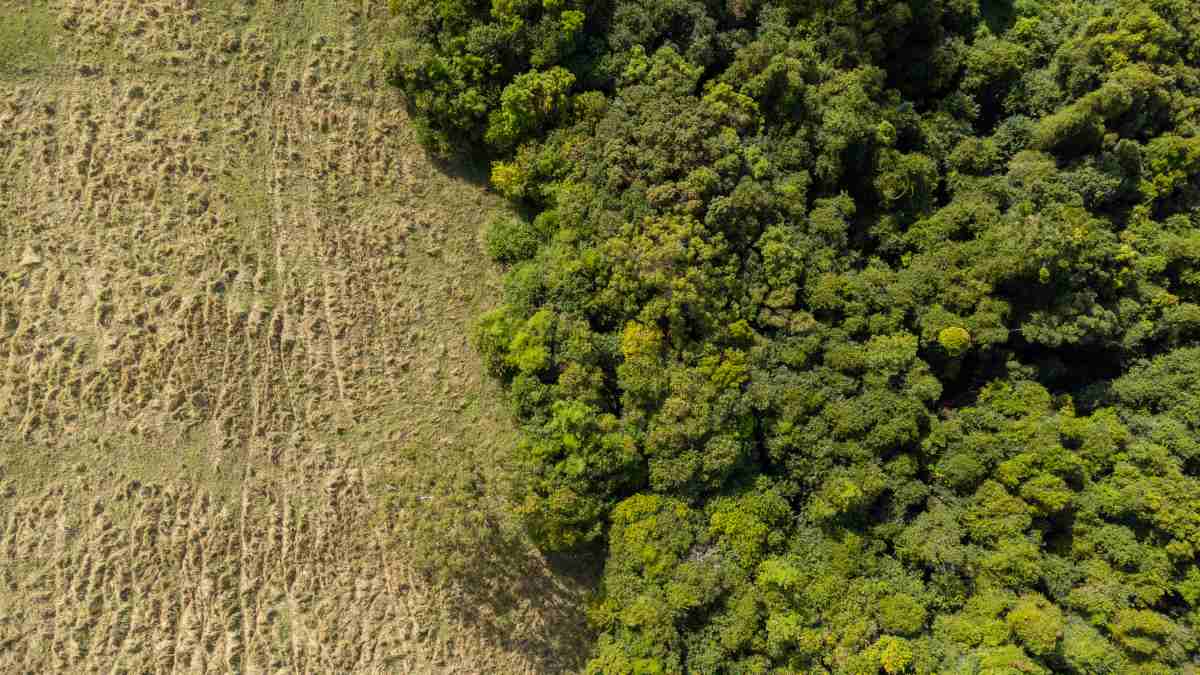Deforestation in Australia is dragging down the global carbon budget of forests, according to a new analysis.
The study, published in Nature and done by an international team of researchers, assesses the uptake of CO2 by forests worldwide since the 1990s.
While the global balance was steady on average, with a slight overall decline, Australia was a “significant negative outlier”, according to study co-author Dr Heather Keith, a researcher at Griffith University.
“In the 1990s and 2000s, Australia’s deforestation and forest degradation were major sources of carbon emissions,” says Keith.
“By 2010, legislative changes slightly mitigated this, but the damage continues.”
The study used worldwide ground-based measurements of forest cover alongside remote sensing data to assess how much CO2 had been absorbed by forests between 1990 and 2019.
The researchers found that the world’s forests had declined in area by 5%, or about 210 million hectares, over that time. Carbon stock in forests also decreased by 5%.
“While our findings highlighted that the total global forest sink is being maintained over decades – removing from the atmosphere nearly half of fossil fuel emissions – we found a troubling trend of deforestation and forest degradation that are causing emissions,” says Keith.
“The sink is vulnerable if these activities continue, combined with climate-induced disturbances such as drought, insect outbreaks and wildfire.”
In Australia, land clearing for agriculture was a major source of carbon emissions, as was the replacement of high-carbon-density native forests with lower-carbon-density regrowth forests.
Droughts and bushfires in the 2000s and the 2010s also contributed to Australia’s lower score.
“It’s devastating to see old native forests, home to trees hundreds of years old and a myriad of dependent flora and fauna, being logged in states like Tasmania and New South Wales,” says Keith.
Worldwide, there was a general decrease in boreal and old-growth tropical forests, but the large increase of tropical regrowth forests and temperate forests in China made up for this.
“Protecting carbon stocks in forests and all ecosystems and reducing emissions from fossil fuels are essential steps in combating the climate crisis,” says Keith.
“These findings underscore the vital role of forests in moderating climate change and the need for continued efforts to restore and protect these crucial ecosystems.”




















Discussion about this post